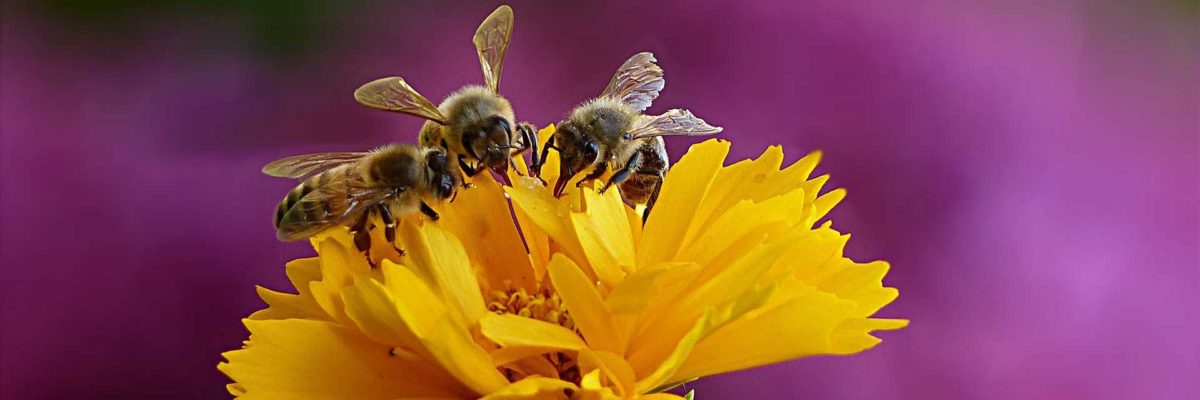Honey Bee Management Resources
General Resources
Keeping Bees: This Month in the Apiary
Oregon Master Beekeeper Program
Residential Beekeeping Best-practice guidelines for nuisance-free beekeeping in Oregon
Best Management Practices for Bee Health
Health and Nutrition
National Strategy to Promote the Health of Honey Bees and Other Pollinators
Overwintering
Overwintered Honey Bee Nucleus Colonies
Pests and Pathogens
General
Diagnosis of Honey Bee Diseases
Honey Bee Pathogen Detection:
Specific Species/Groups
Tools for Varroa Management Videos
Making a Plan for the Varroa Mite:
Asian Giant Hornet: A potential threat to honey bee colonies in Oregon
Pesticides
How to Reduce Bee Poisoning from Pesticides
How to Report a Suspected Pesticide-Related Bee Kill
Are Neonicotinoids Killing Bees?
Reduce the Risk of Pesticides to Pollinators
Pesticide Products, National Pesticide Information Center
All currently available products are available to the general public and should be used following label instructions. Questions or concerns may be directed to the Oregon Dept of Agriculture Pesticides Program at: 503 . 986.4635. Regarding pesticide licensing relative to the use of Apiguard: “Restricted Use” pesticides require a pesticide applicator license in order to purchase and / or apply in Oregon. There are no restricted use products available at this time for Varroa mite control in Oregon. In essence, you do not need a license to apply a general use pesticide to your property owned by you or your employer (which includes public employees). It would only be required, if, for example, you were being paid as a contractor to apply strips to someone else’s colonies. This is not a pesticide licensing issue. See: www.oregon.gov/ODA/programs/Pesticides/Licensing/Pages/PesticideLicensing.aspx
Pollination
Evaluating Honey Bee Colonies for Pollination
Pollination and Protecting Bees and Other Pollinators
Regulations and Programs
Apiary Registration
Apiary Registration Application
Assistance
USDA Assistance for Honey Producers
Residential Beekeeping
Residential Beekeeping Best-practice guidelines for nuisance-free beekeeping in Oregon
Frequently Asked Questions About the Residential Beekeeping Legislation, House Bill 2653 of 2015
Model Residential Beekeeping Ordinance for Oregon Cities
Residential Beekeeping by Location
Bend (See Section O)
Salem (See also THIS; go to Section 50.720)
Packaging and Selling Honey
Farm Direct FAQs (scroll down)
Honey Processors Exemption Form
Transportation
Journals
Journal of Apicultural Research
Journal of Apicultural Science
Recent Management Posts
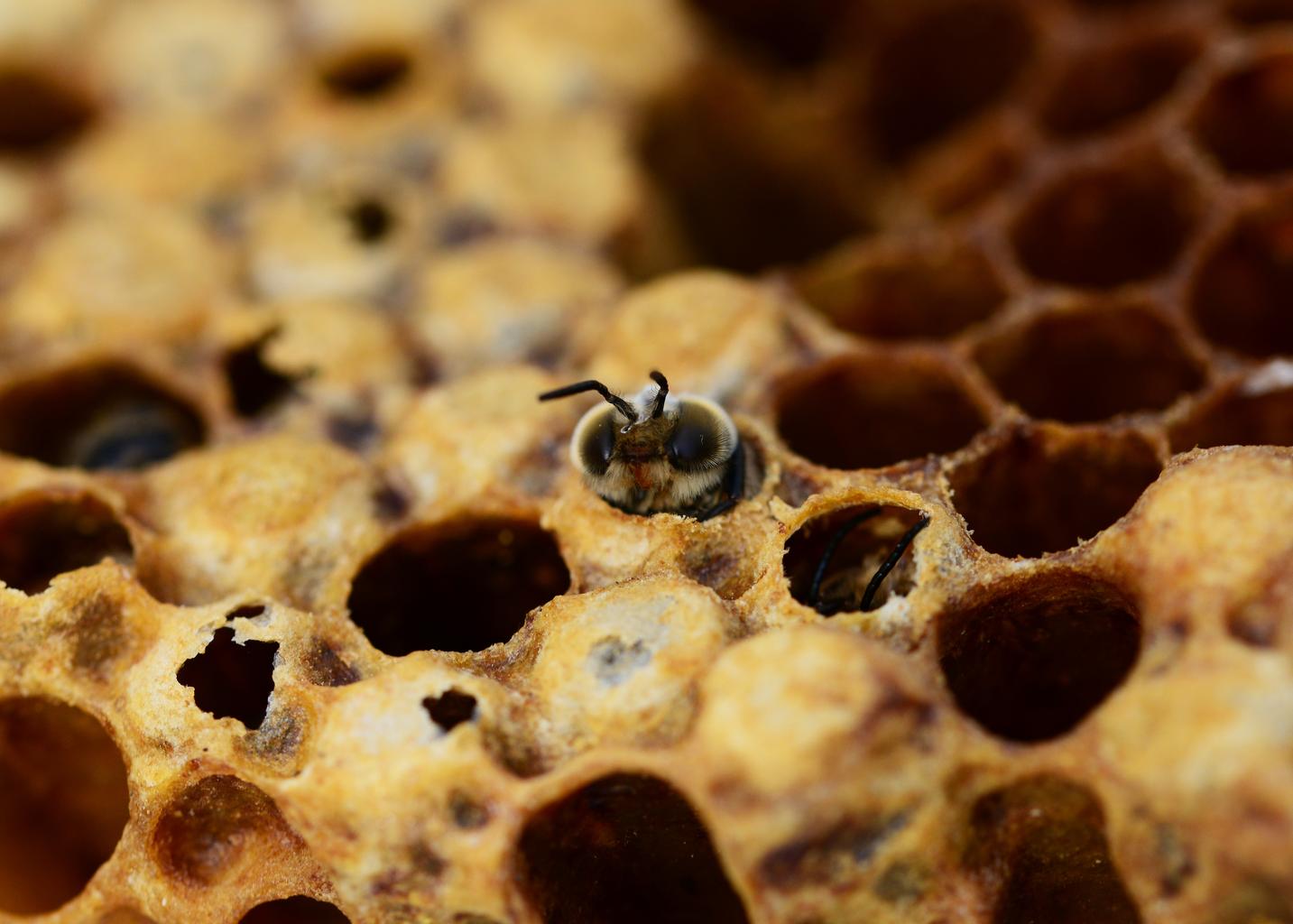
Keeping Bees in January-February 2023
I hope you put the hammer to Varroa and struck while the iron was hot—specifically that you took advantage of the treatment window to reduce Varroa numbers significantly during the broodless period. I think it is very important to start … Continued
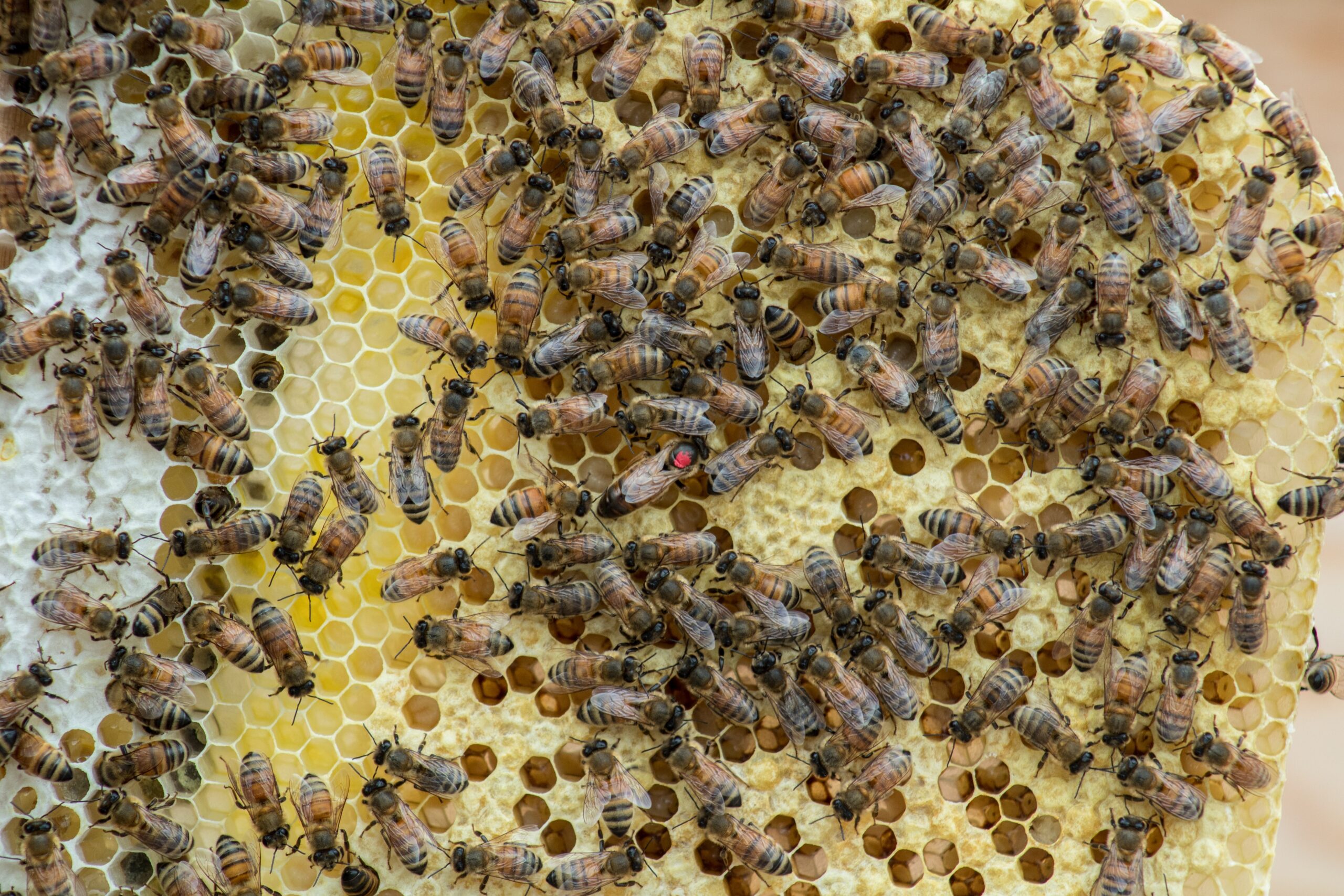
Keeping Bees in March 2023
Welcome back, a new bee season is upon us. March usually marks the start of the beekeeping season. While this winter may have seemed cold to you, the bees also had to put on their coats and hats. One of … Continued
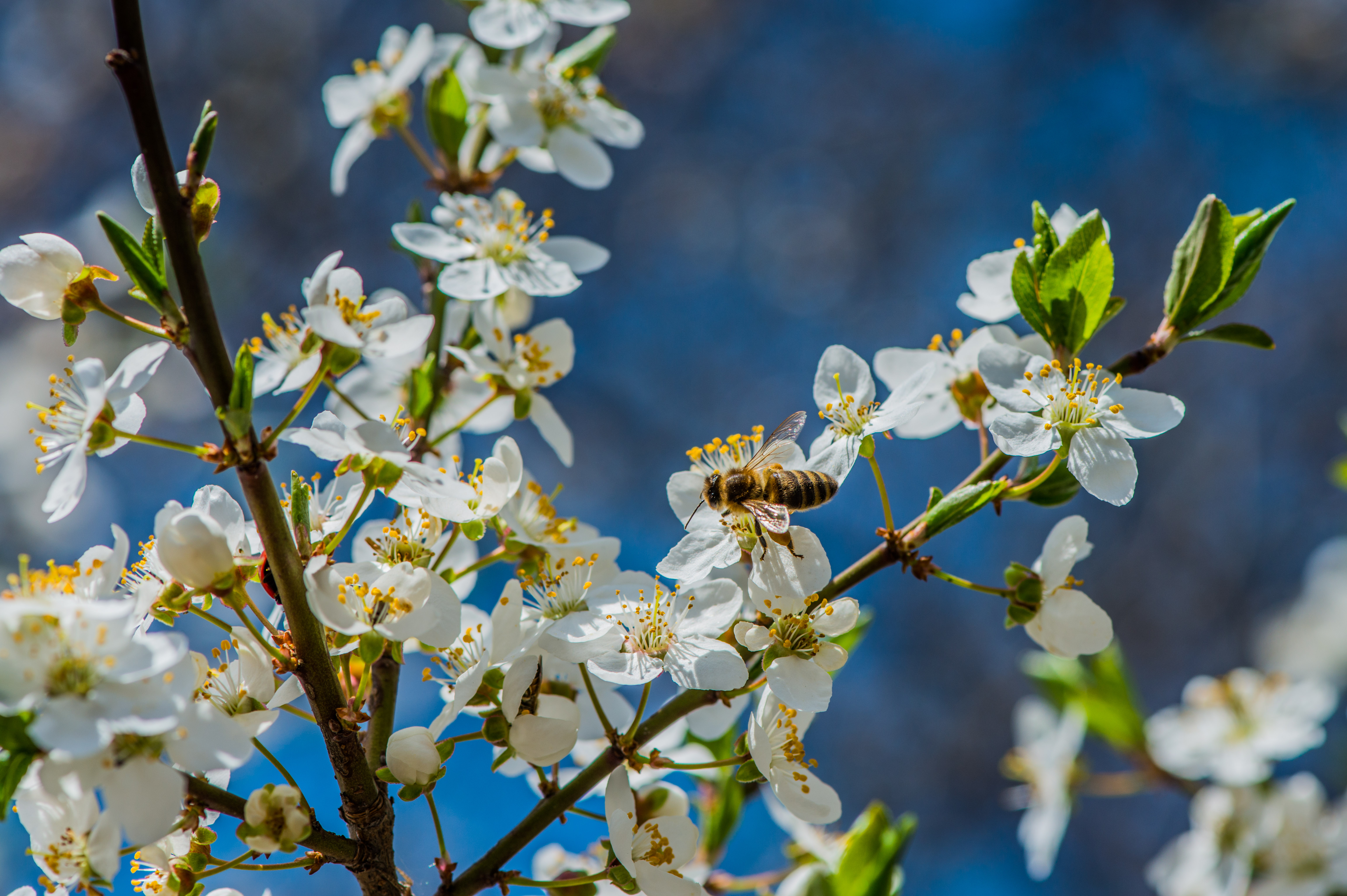
Keeping Bees in April 2023
April is generally a happy time in the apiary of most beekeepers. Full of hope, thankfulness, and wonder. Hopefulness for the future season’s success in each of our own endeavors. Health of the honey bees being at the top of … Continued
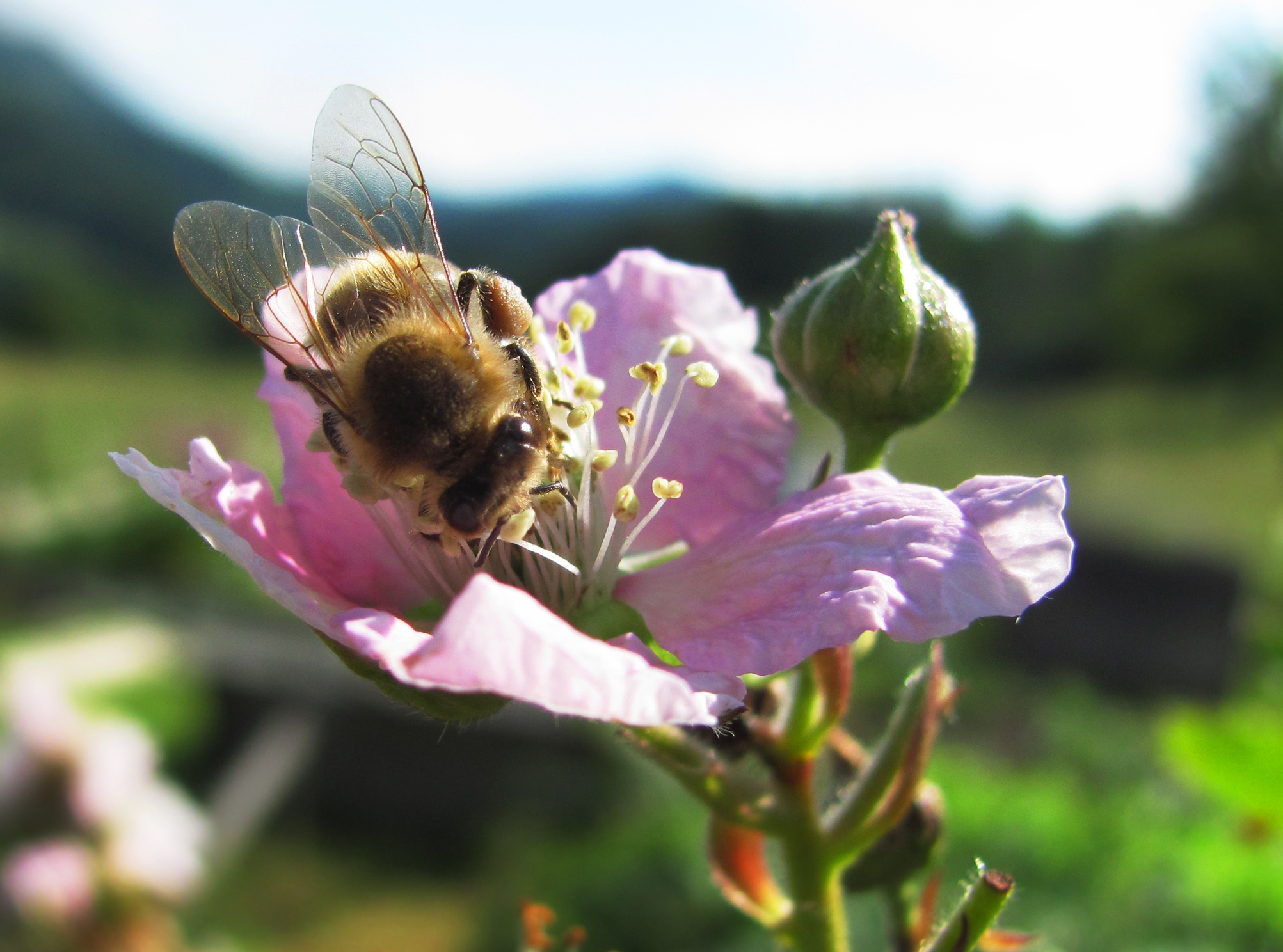
Keeping Bees in May 2023
It is still spring in May, and Oregon spring weather is known for changing quickly. The old saying, “If you do not like the weather, wait a minute” applies. Honey bees are ready for good weather; they want to forage … Continued
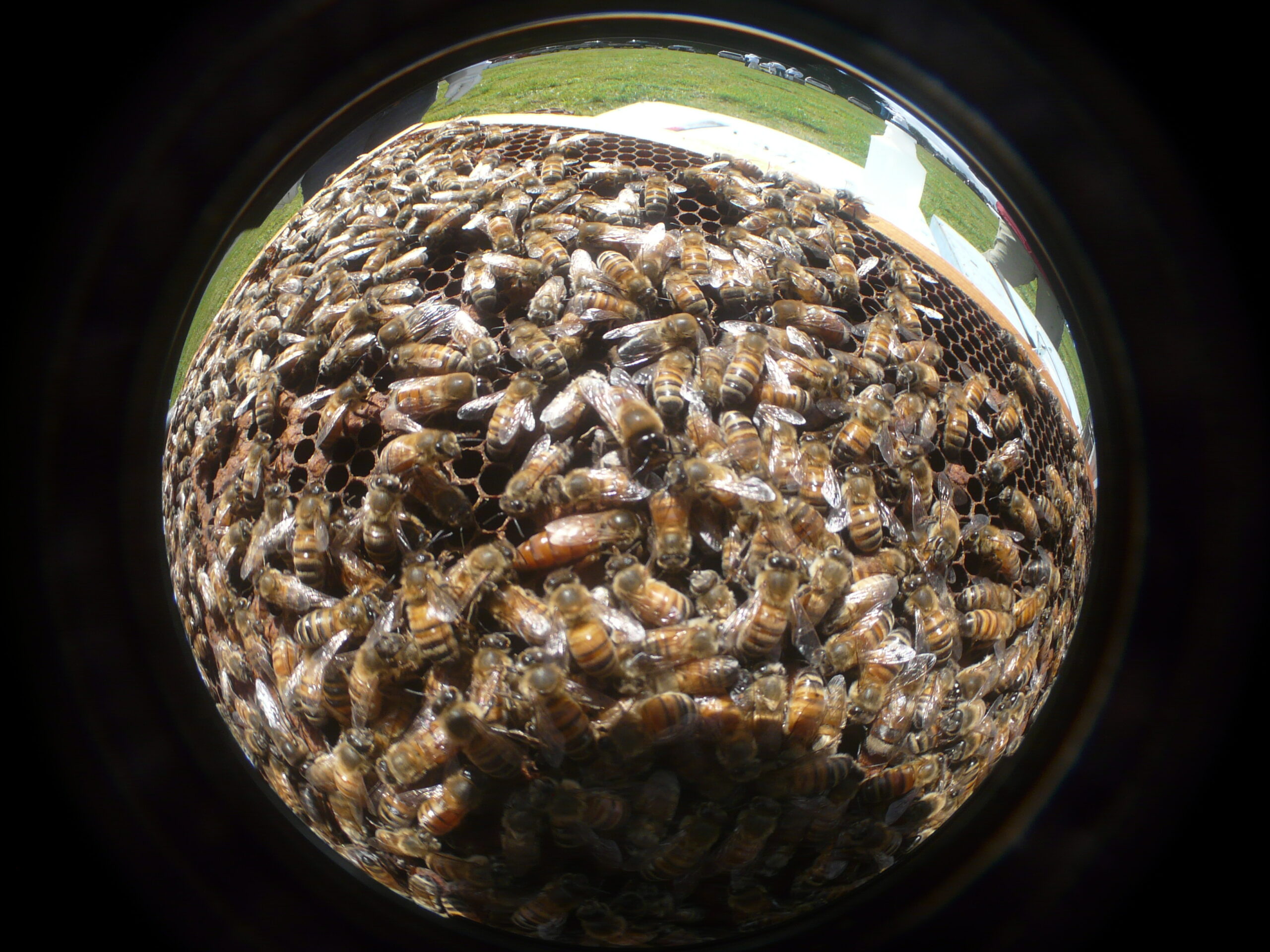
Keeping Bees in June 2023
June AGAIN . . . a very important beekeeping month. To follow up on my 2021 “Keeping Bees in June” article, I can now confirm that every year is indeed an exception and we can throw out all previous assumptions. … Continued
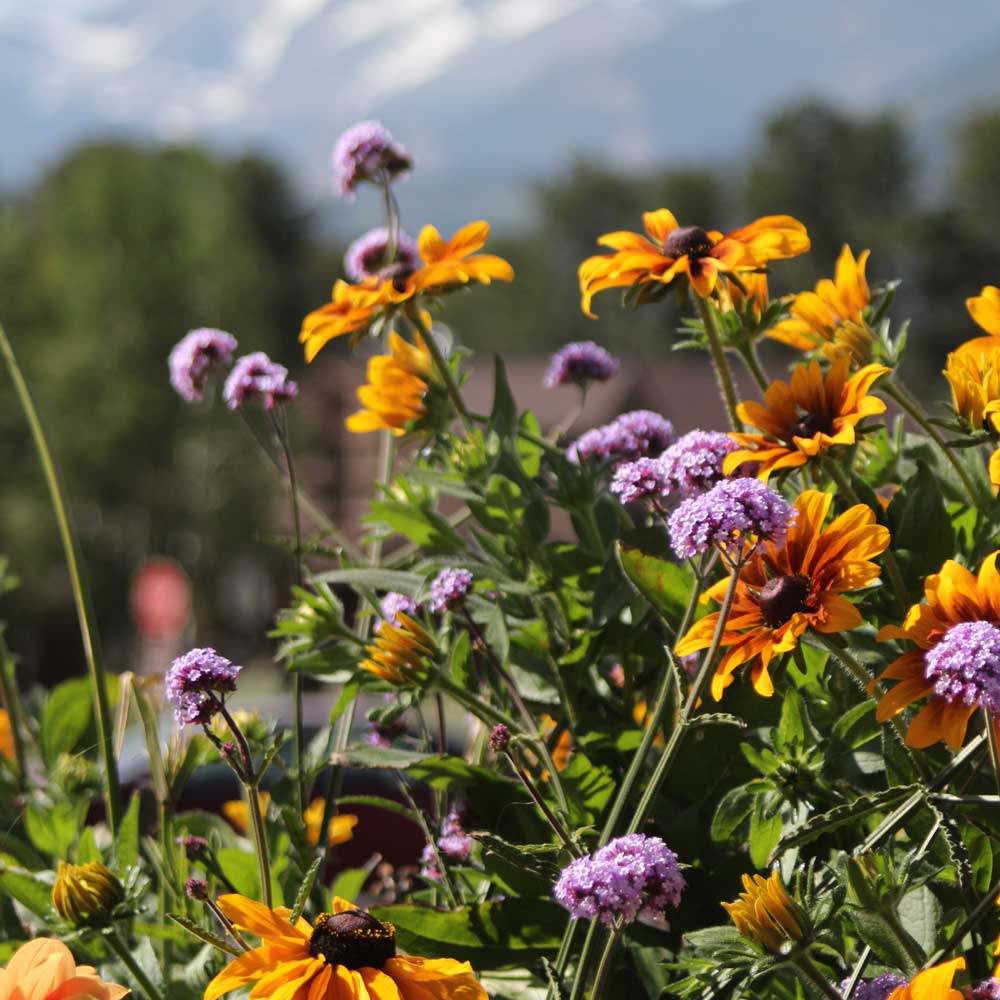
Keeping Bees in July 2023
Rosanna asked me to do the tips again. So I get to write and say hello to everyone again. Hello. Maybe I will see you at our picnic on July 8! I’m writing this on June 9. I used the … Continued
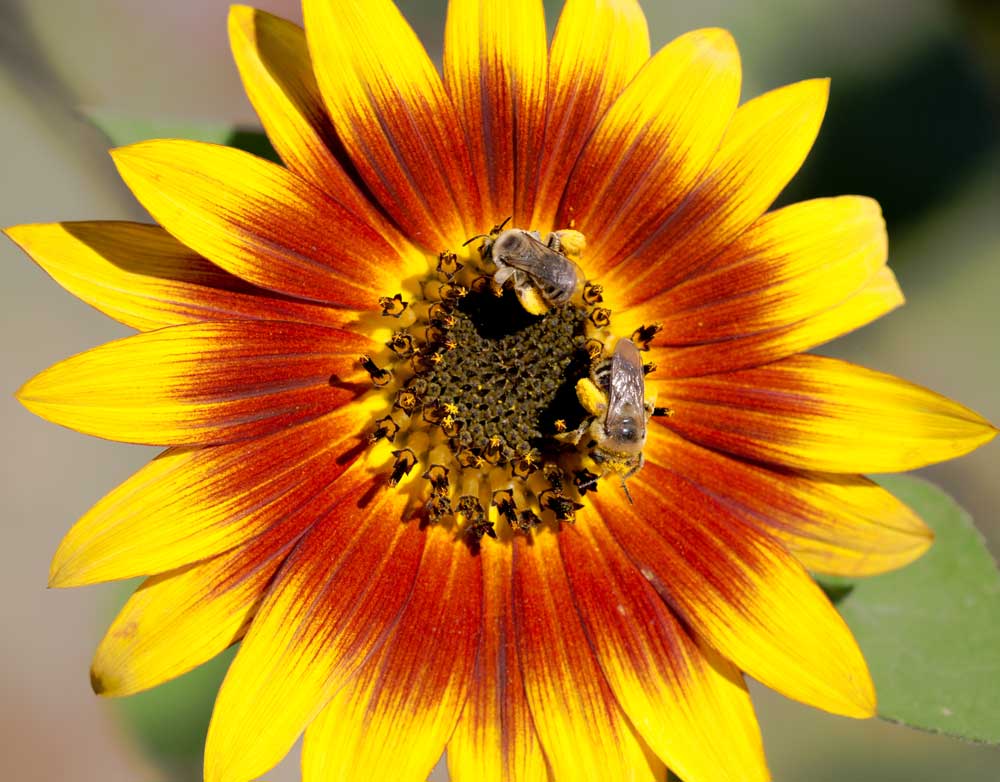
Keeping Bees in August 2023
Every month is a busy month for a beekeeper, but August is particularly important. The weather is hot and dry, maybe with the occasional thunderstorm. It feels like the peak of summer, but this critical month is when we need … Continued

